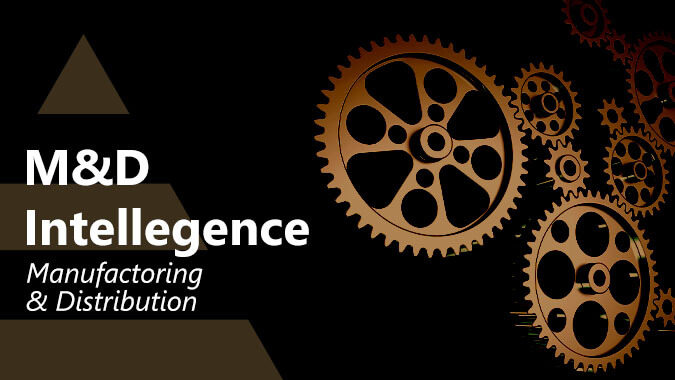
IRS Provides Employer-Friendly Interpretation of Rules on Deferral of Employment Tax Deposits and Payments
- Published
- Apr 17, 2020
- Topics
- Share
As we previously reported, the Coronavirus Aid, Relief, and Economic Security Act (the “CARES Act”) allows employers to defer the deposit and payment of the employer’s share of Social Security tax that would otherwise be required to be made during the period beginning March 27, 2020 and ending December 31, 2020. Self-employed individuals can similarly defer the payment of 50% of the social security tax imposed on net earnings from self-employment income for the March 27, 2020 to December 31, 2020 period. The IRS has issued a set of frequently asked questions (“FAQs”) on this section of the CARES Act.
Of particular significance in the FAQs: Employers who have received a Paycheck Protection Program (“PPP”) loan but whose loan has not yet been forgiven under the provisions of the CARES Act may continue to defer the deposit and payment of the employer’s share of such social security tax through the date the lender issues a decision to forgive the loan, without incurring failure to deposit and failure to pay penalties. Once the loan is forgiven, then the employer is no longer eligible to defer deposit and payment of its share of Social Security tax due after that date. Importantly, however, the amount of the deposit and payment that was deferred continues to be deferred, and avoids triggering failure to deposit and pay penalties if deposited and paid by --
- December 31, 2021, 50% of the deferred amount; and
- December 31, 2022, the remaining amount.
The FAQs note that Form 941, Employer’s Quarterly Federal Tax Return, will be revised for the second quarter of 2020 (April – June 2020). Information will soon be provided to instruct employers how to reflect the deferred deposits and payments otherwise due on or after March 27, 2020 for the first quarter of 2020 (January – March 2020). Employers will not be required to make a special election to be able to defer deposits and payments of these employment taxes.
The FAQs also provide information regarding the application of these rules to self-employed individuals.
Contact EisnerAmper
If you have any questions, we'd like to hear from you.
Receive the latest business insights, analysis, and perspectives from EisnerAmper professionals.











